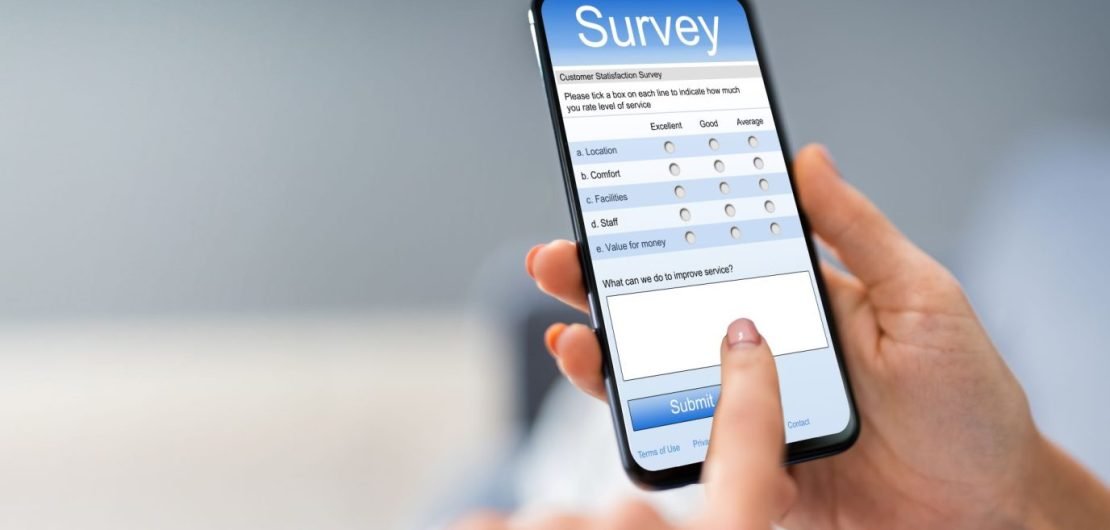
Co-creating online – what works and what doesn’t?
In March 2020, the pandemic hit and limited face to face interactions. These physical meetings were taken for granted as a basis for co-creation, and had to be re-thought almost over night. This disruption saw the birth of new ways of working together and many distance-based collaborative tools for co-creation were put to use.
It did, however, leave us all with a feeling of uncertainty about the future and the role that open social innovation can play in regional development. But never questioning the need for engaging citizens – just finding new ways of doing it.
More research based good practices are needed to overcome this uncertainty, and that is why our project is now conducting an evaluation of the open social innovation activities in the shadow of COVID-19.
The study is carried out by Experience Lab of Åbo Akademi University in Finland, together with all project partners.
- So far, developers and innovators have tackled the changed conditions “on the run”, with varying results. As some of the new practices are likely to live on when the pandemic fades, now is the time to take a moment and reflect on our experiences – and then look forward and make use of the best pieces. In fact, the exchange of experience is at the core of developing OSI – which is what OSIRIS is about anyway, project manager Kimmo Rautanen explains.
The study has two parts – a survey among the stakeholders in all partner regions and a semi-structured deep interview with key project staff and stakeholders.
- The interviews will be conducted over Zoom, and the survey is completely online as well – so the study is an example of virtual co-creation in itself. The main aim is to find out how the participants have experienced working together online, which is critical information when new co-creation processes are designed, says Rautanen.
- The study will also result in a checklist for moving your co-creation activities online, a list of do’s and don’ts, project member Yvonne Backholm states.
This study will contribute to the understanding of if and how methods of open social innovation and co-creation can move online, thus getting everyone onboard in the post-pandemic recovery towards a green and digital future.